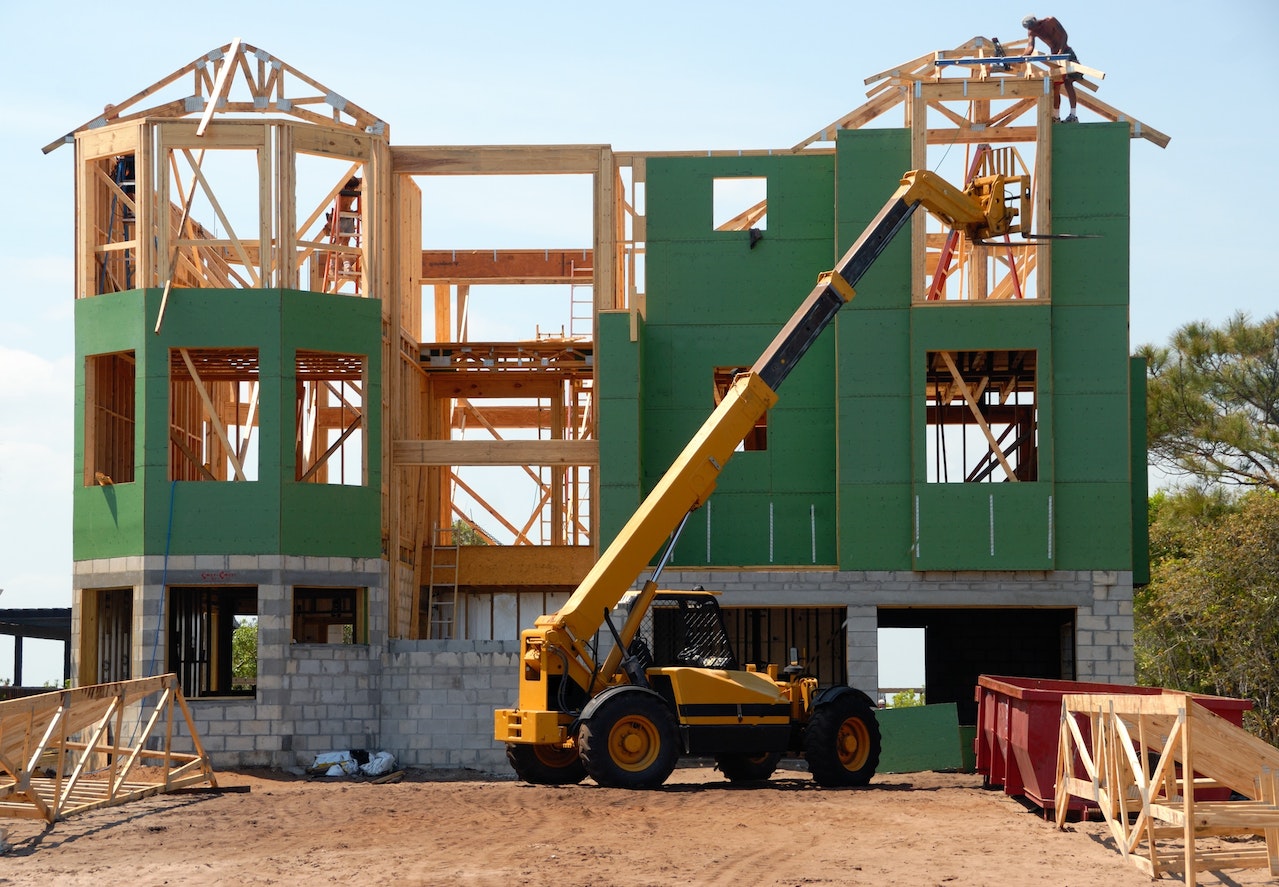
Understanding Your Rights When Government Claims Your Property
___
Published Date 12/20/2024
When Realtor.com’s Julie Taylor reported on the process of the government taking over private property for a higher public good, she used the example of the hit show “Yellowstone,” in which the newly elected governor used eminent domain to begin the process of overturning a conservation easement, putting the TV family at risk of losing their expansive Montana ranch.
“While this is all fiction, the threat of eminent domain is a real risk for many Americans,” she says, citing Illinois-based attorney Eric Teusink. “Eminent domain is a power vested in federal, state, and local governments, as well as certain utilities, to take private property for public use. It is typically used to acquire land for public projects such as highways, government buildings, utilities, or other public infrastructure.”
Our good old constitution codifies this governmental right in the Fifth Amendment, where it established the power of eminent domain but ensured that private property not be seized for public use without just compensation. The definition of “public use,” however, varies from state to state.
The government's power to seize private property through eminent domain has deep historical roots, stemming from English Common Law, where the Crown maintained underlying title to all land within its dominions. While this power may seem jarring to modern property owners, it serves essential public functions, enabling the construction of roads, schools, and vital infrastructure that benefits the broader community.
In recent years, the scope of eminent domain has expanded significantly. Jennifer Polovetsky, a partner at Duane Morris LLP specializing in eminent domain cases, explains that New York's interpretation of "public use" now extends beyond traditional infrastructure projects to include urban renewal. Properties considered "blighted" or run-down can be acquired and redeveloped under this broader definition.
Taylor reports that this expanding definition faced a significant challenge in 2005, when Susette Kelo and fellow property owners sued the city of New London, Connecticut, arguing that economic development didn't qualify as "public use" under the Fifth Amendment. The Supreme Court's decision favored the government, establishing that fighting urban blight constitutes a valid public purpose.
While eminent domain typically targets commercial and industrial areas, private homes aren't immune. A recent example involves Mika Race, whose investment property in Pigeon Forge, Tennessee, was seized and demolished for a road extension in June 2024. Race continues to dispute the financial settlement with the city, sharing her ongoing legal battle on social media.
For property owners facing eminent domain, early legal consultation is crucial, according to Taylor. Attorney Polovetsky emphasizes that both property owners and business tenants should seek specialized legal counsel upon receiving an eminent domain notice. Property owners should also know they have negotiating power regarding compensation. According to legal experts, it's often possible to secure better compensation than the government's initial offer, sometimes significantly more.
The necessity of eminent domain for public development creates a complex tension between community needs and individual property rights. As one legal expert notes, while all citizens ultimately benefit from eminent domain through improved infrastructure and public utilities, this offers little comfort to those whose property faces seizure. However, affected property owners maintain the right to challenge the government's use of eminent domain and negotiate fair compensation for their losses.
Realtor, TBWS
All information furnished has been forwarded to you and is provided by thetbwsgroup only for informational purposes. Forecasting shall be considered as events which may be expected but not guaranteed. Neither the forwarding party and/or company nor thetbwsgroup assume any responsibility to any person who relies on information or forecasting contained in this report and disclaims all liability in respect to decisions or actions, or lack thereof based on any or all of the contents of this report.


Millenium Home Mortgage
Manager
NMLS: 51519
Millenium Home Mortgage LLC
1719 Route 10 East, Suite 206, Parsippany NJ
Company NMLS: 51519
Office: 973-402-9112
Email: connie@mhmlender.com

Millenium Home Mortgage
___
Manager
NMLS: 51519
Last articles
___

Markets expect little volatility this week
12/23/2024
Tuesday the stock and bond markets will close early, off on Wednesday then...... view more

Understanding Your Rights When Government Claims Your Property
12/20/2024
The government's power to seize private property through eminent domain has deep... view more

A quick guide to child-safe holiday celebrations
12/17/2024
Hosting friends and family for the holidays? Perhaps simply...... view more

November Headline Retail Sales were higher than expected
12/17/2024
The headline November Retail Sales were higher than expected, up 0.7% versus est... view more

The hidden price of holiday spending: Your dream home at risk
12/16/2024
Saving for a rainy day — or a house — is not on as many people’s minds...... view more

Markets will be focused on FOMC this week
12/16/2024
Last Friday the 10 year note +7 bps and MBS prices -17 bps. This morning a sligh... view more

Beyond the holiday shuttering
12/13/2024
Leaving your home for the holidays shouldn’t be a simple matter of securing door... view more

Home sweet (golden) home: A guide to age-friendly renovations
12/10/2024
You’ve got a cavernous 2-story home with an owners’ suite on the top floor. The ... view more

Business Optimism Index jumps to three year high
12/10/2024
The November NFIB Business Optimism Index jumped to...... view more

Building Tomorrow: The New Construction Nest Egg
12/9/2024
The chicken or the egg – which came first? When it comes to housing...... view more
Load more
 Millenium Home Mortgage LLC
Millenium Home Mortgage LLC





































